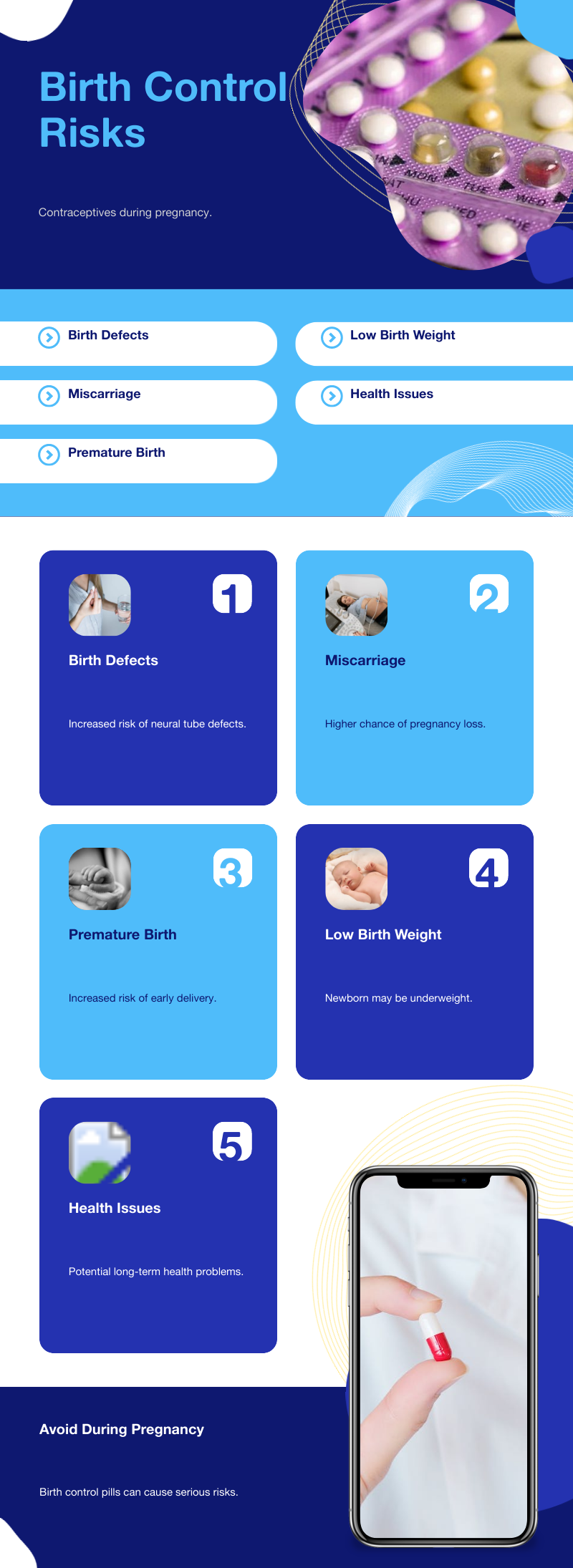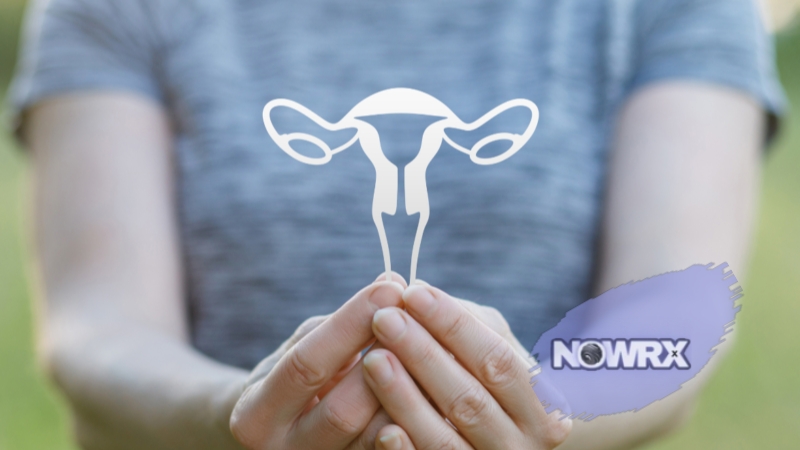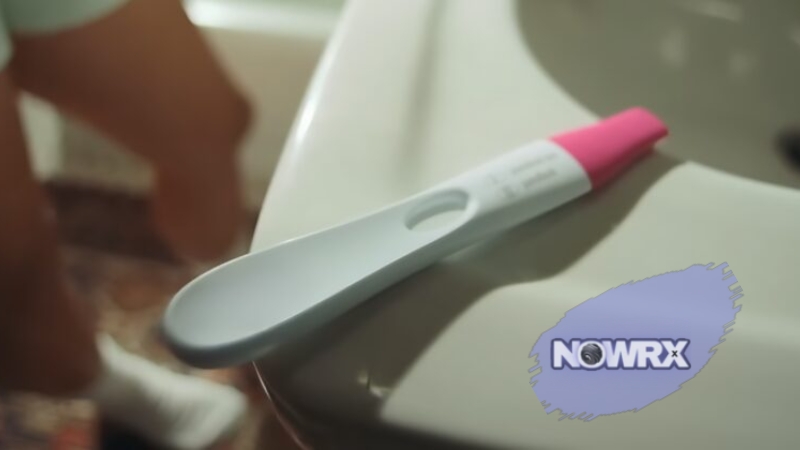The implications of taking birth control pills during pregnancy are crucial for expecting mothers.
Though birth control pills are designed to prevent pregnancy, there can be times when a woman may continue taking them not knowing she is pregnant.
Medical professionals and researchers have looked into how this scenario might affect both the mother and the developing fetus.
Let us see what they’ve found out.

Potential Risks

Taking birth control pills during pregnancy is generally not recommended due to potential risks. The following subsections outline specific concerns related to hormonal imbalances, the possibility of birth defects, and complications that may occur.
1. Hormonal Imbalance and Effects on the Fetus
Birth control pills contain synthetic hormones that could potentially affect the hormonal balance[1] within a pregnant individual’s body. It is a well-documented side effect, with so many studies and reports confirming it.
2. Increased Risk of Birth Defects
While the evidence so far suggests that taking combination birth control pills or progestin-only pills does not directly increase the risk of congenital anomalies, detailed research is minimal.
However, some studies[2] point out about side effects of using these during the first three months of pregnancy:
- Hypoplastic left heart syndrome
- Gastroschisis
3. Contribution to Pregnancy Complications
Certain types of birth control, specifically progestin-only pills or the ‘minipill,’ may slightly increase the risk for an ectopic pregnancy[3] if conception occurs while taking them.
Specifically, the risk of an ectopic pregnancy may be slightly higher if progestin-only pills are used and failure occurs.
An ectopic pregnancy is a serious condition where the fertilized egg implants outside the uterus, often in a fallopian tube, and can be life-threatening if not treated promptly.
Individuals must seek immediate medical attention if they suspect they are pregnant while using this form of contraception to minimize any likelihood of complications.
Mechanism of Birth Control Pills
Birth control pills operate primarily by preventing ovulation; which means they stop the ovaries from releasing an egg each month.
They contain hormones similar to those produced by a woman’s body:
- Estrogen and progestin
- Sometimes only progestin
The combination of these hormones also thickens the cervical mucus to block sperm and thins the lining of the uterus to prevent implantation of an egg.
Some of the side effects of birth control pills are[4]:
- Breakthrough bleeding
- Headache
Despite the high effectiveness of birth control pills, pregnancy can still occur. This might happen if the pills are not taken consistently at the same time every day, or if other medications interfere with their efficacy.
Recommendations

For pregnant women who discover they’re on birth control, immediate action and medical consultation are essential.
Immediate Steps After Discovering Pregnancy
Upon learning of a pregnancy, a woman should:
- Cease taking pills or using other hormonal contraceptives.
- Note the date and type of the last contraceptive.
- Document any side effects or symptoms experienced since the last taken birth control.
Medical Consultation and Guidance
It is crucial for pregnant women to seek professional medical advice:
- Book a visit with a healthcare provider as soon as possible.
- Share details about the birth control method used and duration with the doctor.
- Adhere strictly to the medical guidance provided, including any recommended tests or prenatal care.
References:
1. Aust Prescr: Hormonal contraception and mood disorders – https://www.ncbi.nlm.nih.gov/pmc/articles/PMC9218393/
2. Use of oral contraceptives in pregnancy and major structural birth defects in offspring – https://pubmed.ncbi.nlm.nih.gov/20087193/
3. Ectopic pregnancy with oral contraceptive use has been overlooked – https://www.ncbi.nlm.nih.gov/pmc/articles/PMC1127814/
4. Contraception: Hormonal contraceptives – https://www.ncbi.nlm.nih.gov/books/NBK441576/
Drake Holloway, 45, is a pharmacist and freelance blog writer for NowRx.com. He uses his professional background to provide information and opinions on diverse subjects to those seeking guidance.








